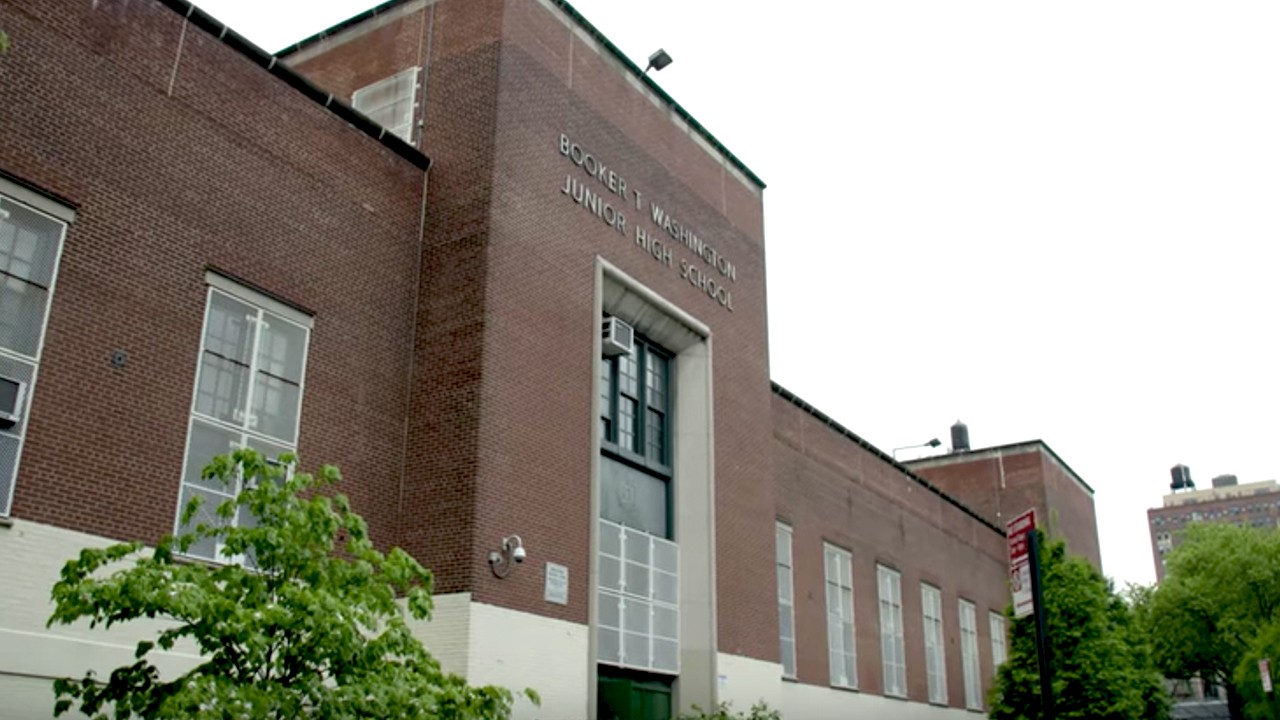When Betsy DeVos told Congress that her school safety commission would focus on exploring the effects of, not guns, but violent video games, senators raised their eyebrows. And so far, not even the experts she invited to present to the commission could provide a definite link between teens’ beloved entertainment and school shootings.“Mass shooters, if anything, consume less rather than more violent media than other males of their age,” Christopher Ferguson, an associate professor in the Department of Psychology at Stetson University, Florida, told the commission on Thursday. He cited a well-known study conducted by the Department of Education and U.S. Secret Service.DeVos convened her commission in early March at the behest of President Donald Trump after the mass shooting in Parkland, Florida, on Valentine’s Day that left 17 people dead. For the group’s third meeting on Thursday, DeVos invited experts to assess the effects of violent media consumption on American youth, as well as cyberbullying and media coverage of mass shootings. DeVos and Attorney General Jeff Sessions were the only two commission members present. The others, Health and Human Services Secretary Alex Azar and Homeland Security Secretary Kirstjen Nielsen, sent deputies on their behalves.But those who couldn’t attend didn’t miss any big conclusions — neither of the experts invited to present their research to the commission on Thursday were able to draw a line between consuming violent media and school shootings.“When the shooter is a young male, people start talking about movies or video games,” Ferguson said. “When it’s an older male, like in Las Vegas, nobody mentions video games or media. That allows an illusion of correlation if people ignore the cases that don’t fit the data.”Ferguson’s co-panelist was Rowell Huesmann, professor of psychology and communication studies at the University of Michigan. His research has shown a correlation between aggressive behavior and violent media — which the American Academy of Pediatrics has also found — but not necessarily mass shootings.“The fact is that people never commit serious acts of violence like school shootings because of one factor in their lives,” Huesmann said. “There’s always a convergence of predisposing personal factors.”Huesmann also noted that for people who grew up exposed to a lot of violence — and for those whom real-world violence has become normalized — consuming violent media may shore up those earlier experiences.It’s no secret that President Donald Trump doesn’t like video games, violent video games in particular. He’s repeatedly suggested that playing them could be a key factor in school shootings. While some studies have shown links between aggressive behavior and video games, none have substantiated that they can be a factor in mass shootings.“Video game violence? I dont think thats an effective approach to school safety,” Peter Langman, a psychologist and long-time expert in school shootings, told VICE News. “Millions of kids and adults play video games. Playing that by itself does not make you violent. People who are on the path of violence may turn to violent films, games, and books to file a role model for violence or psych themselves up. But it’s not the video game that’s causing it.” Cover image: Education Secretary Betsy DeVos accompanied by first grade teacher Alexandra Lyons speaks to student Ayana Greene, during a visit of the Federal School Safety Commission at Hebron Harman Elementary School in Hanover, Md., Thursday, May 31, 2018. (AP Photo/Jose Luis Magana)
Cover image: Education Secretary Betsy DeVos accompanied by first grade teacher Alexandra Lyons speaks to student Ayana Greene, during a visit of the Federal School Safety Commission at Hebron Harman Elementary School in Hanover, Md., Thursday, May 31, 2018. (AP Photo/Jose Luis Magana)
Advertisement
Advertisement
So with her commission at least partially focused on video games, DeVos is following in her boss’ footsteps. But not everyone sees the importance, especially with the astronomical rate of mass shootings in the U.S. and the public fight over gun laws threatening to divide the country.“Gun violence in school but not look at guns? An interesting concept,” Sen. Patrick Leahy responded when DeVos told Congress in early June that her commission wouldn’t be studying guns “per se.”The Department of Education, however, later clarified that the commission would explore all issues but also noted that only Congress can “create or amend current gun laws.”Other experts, outside the commission, also disputed whether looking at violence in video games was a useful way for the commission to spend its time.
Advertisement
Langman did note that the copycat effect, caused by wall-to-wall news coverage after a school shooting, is more likely a motivating factor for certain types of school shooters, especially those seeking fame through violence.The often debated link between video game violence and real world violent acts even appeared before the Supreme Court in 2010 after California tried to ban violent video games from being sold or used by minors. And the high court concluded in a 7-2 ruling that the ban was unconstitutional.“Video games qualify for First Amendment protection,” Justice Antonin Scalia wrote in his opinion. “Like protected books, plays, and movies, they communicate ideas through familiar literary devices and features distinctive to the medium.”Even if DeVos’ commission did find a hard correlation between violent video games and school shootings, it’s unclear what policies the members could enact to lessen their effects."Mass shooters, if anything, consume less rather than more violent media than other males of their age."
